REPOSE is a probiotic bowel care which provides natural bacteria and unique carbohydrates for abdominal colic pain, alleviate spasm, improve bowel moments and relieve from uneasiness. REPOSE probiotics and prebiotics combination helps to establish microbiota which modulates immune health of colon to alleviate spasm, reduce abdominal pain, bowel moments, relieve uneasiness.
Indications (Benefits): probiotics and prebiotics combination helps to establish microbiota which modulate immune health of colon
Dosage: One tablet before bed time , daily
Product Attributes: 500mg, Tablet
Pack size: 30 tablets/bottle
Ingredients: Lactobacillus lactis, Lactobacillus acidophilus, Bifidobacterium bifidum, Streptococcus thermophilus, Bifidobacterium longum, Bifidobacterium lactis, Bifidobacterium infantis, Lactobacillus casei, Lactobacillus rhamnosus, Lactobacillus reuteri, Fructooligosaccharides (FOS), Inulin
Safety: No side effects and allergies.
Irritable bowel syndrome (IBS) is characterized by abdominal pain, cramping or bloating, intestinal gas, and altered bowel habits, including diarrhea, constipation, or both. Symptoms include abdominal pain that is relieved after defecation, mucus in the stools, or a sensation of incomplete rectal evacuation. IBS is caused by motility disturbance of the small and large intestines; this disturbance may result from an increased intestinal sensitivity to distension. Altered gastrointestinal motility, visceral hypersensitivity, post infectious reactivity, brain-gut interactions, alteration in fecal micro flora, bacterial overgrowth, food sensitivity, carbohydrate malabsorption, and intestinal inflammation, all have been implicated in the pathogenesis of IBS. Dysfunctions in these mechanisms are linked to a range of conditions in the gastrointestinal tract, including functional gastrointestinal disorders, ranging from irritable bowel syndrome, to functional constipation and functional diarrhea.
The human gastrointestinal tract harbors most of the microbial cells inhabiting the body, collectively known as the microbiota. These microbes have several implications for the maintenance of the structural integrity of the gastrointestinal mucosal barrier, immunomodulation, metabolism of nutrients, and protection against pathogens. Intestinal infection induces persistent low-grade systemic and mucosal inflammation, which is characterized by an altered population of circulating cells, mucosal infiltration of immune cells and an increased production of various cytokines in IBS patients.Alterations in the gastrointestinal microbiota, low- grade inflammation and immune activation have been implicated in the pathophysiology of functional gastrointestinal disorders.
Several types of innate immune cells have been shown to contribute to IBD pathogenesis. Neutrophils perpetuate intestinal inflammation through the impairment of the epithelial barrier function and release of multiple inflammatory mediators. Mucosal dendritic cells (DCs) and macrophages show an increased expression of TLR2, TLR4, CD40, and chemokine receptor CCR7, all of which contribute to and promote inflammation by inducing production of pro-inflammatory cytokines, such as TNF, IL-1β, IL-6, and IL-18. Pro-inflammatory cytokines, TNF, is considered to be responsible for amplifying and maintaining the chronic inflammation in IBD by promoting transcription of other pro-inflammatory cytokines, up-regulating adhesion molecules in the endothelium and activating phagocytic activity of macrophages.
Changes in the gut microbiota are intimately linked to significant alterations in Th17/Treg balance, potentially mediated by epigenetic mechanisms and contributing to the development and establishment of IBD and possibly other chronic inflammatory conditions. REPOSE is a combination of probiotic bacteria and prebiotics such as Inulin, FOS, MOS, Glucan and other complex carbohydrates. The selected probiotics can influence the Th17/Treg balance and reverse gut immunology effectively. Bifidobacterium bifidum and Lactobacillus gasseri are found to improve the quality of life of IBD patients. Bifidobacterium infantis reduces abdominal pain and bloating/distention. Bifidobacterium lactis induces localized dendritic cells to produce immuno- suppressive cytokine IL-27.
Lactobacillus reuteri and Saccharomyces boulardii change the frequency of Foxp3+ regulatory T cells in the intestine. Lactobacillus plantarum modifies the deleterious effects of TNF-α on intestinal epithelial cells. Akkermansia muciniphila is found to be mucolytic. Bacterial metabolites derived from the gut microbiota affect the T-cell epigenome influencing the Th17/Treg balance in the gastrointestinal (GI) tract. SCFAs including propionate, butyrate, and acetate which are mostly produced by clostridial clusters VIV and IV exert HDAC inhibitory activity, thereby increasing Foxp3 and Il10 expression and promoting Treg differentiation and function.
Applied For
Irritable bowel syndrome, belly discomfort, stomach cramps, abnormal colon contractions and bloating.

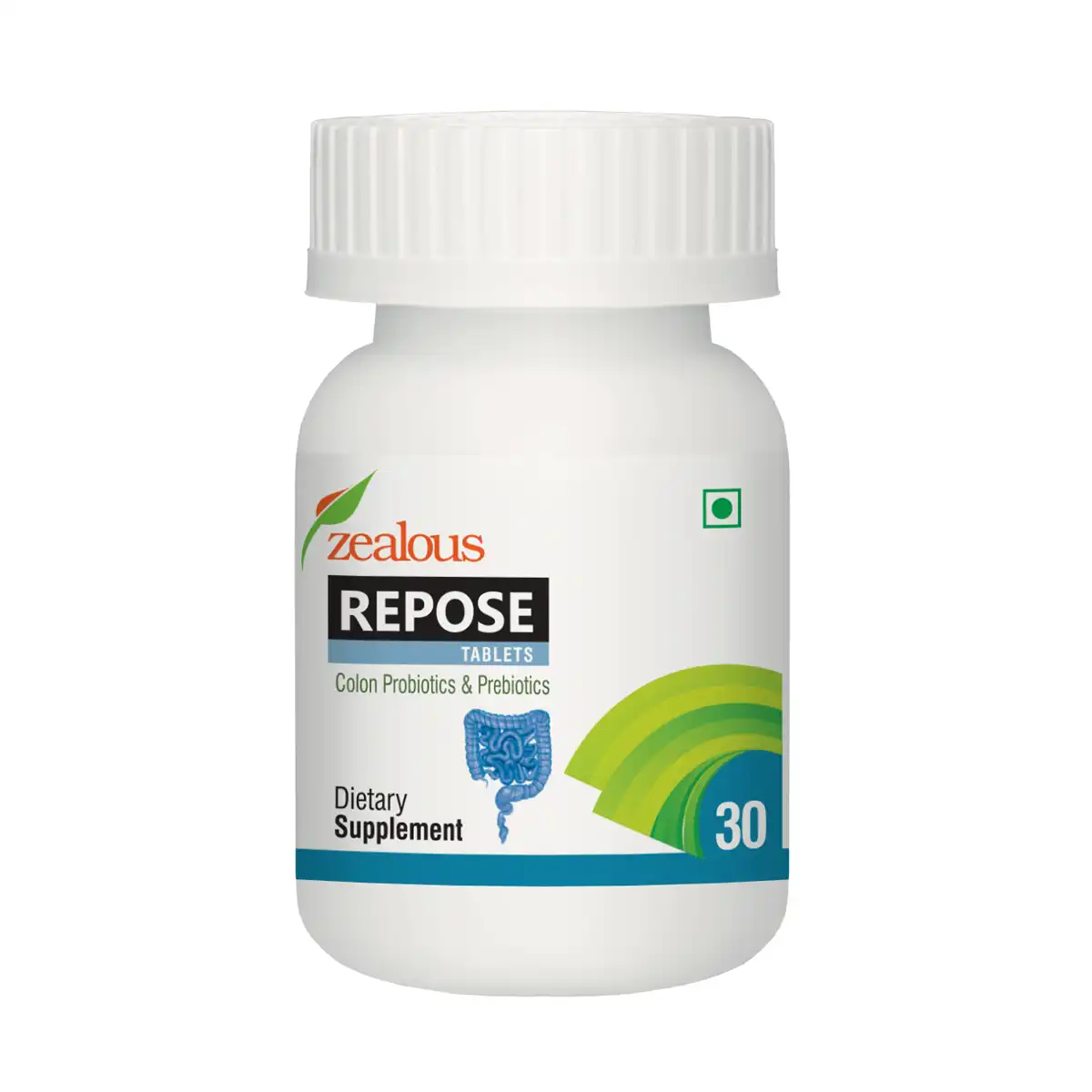
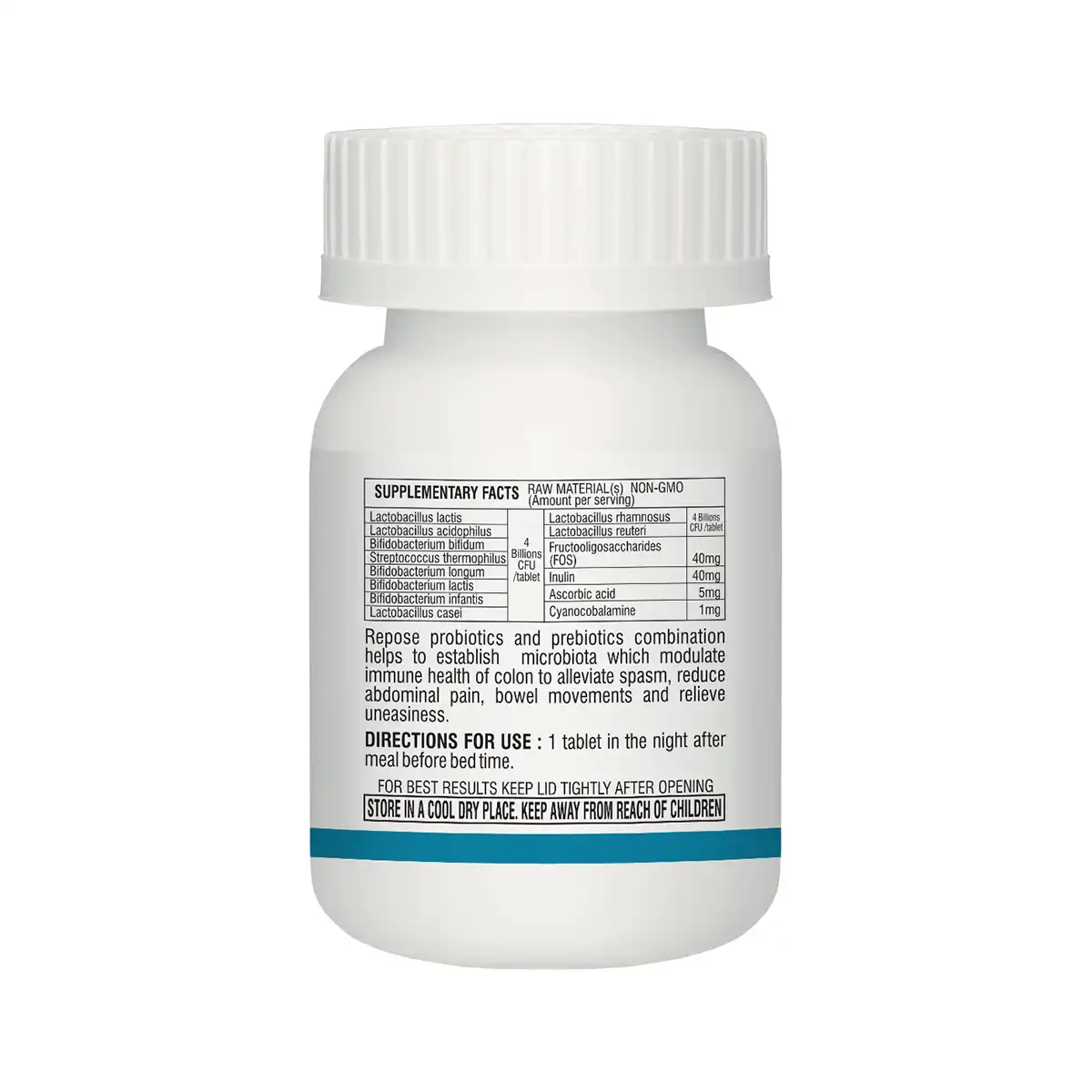
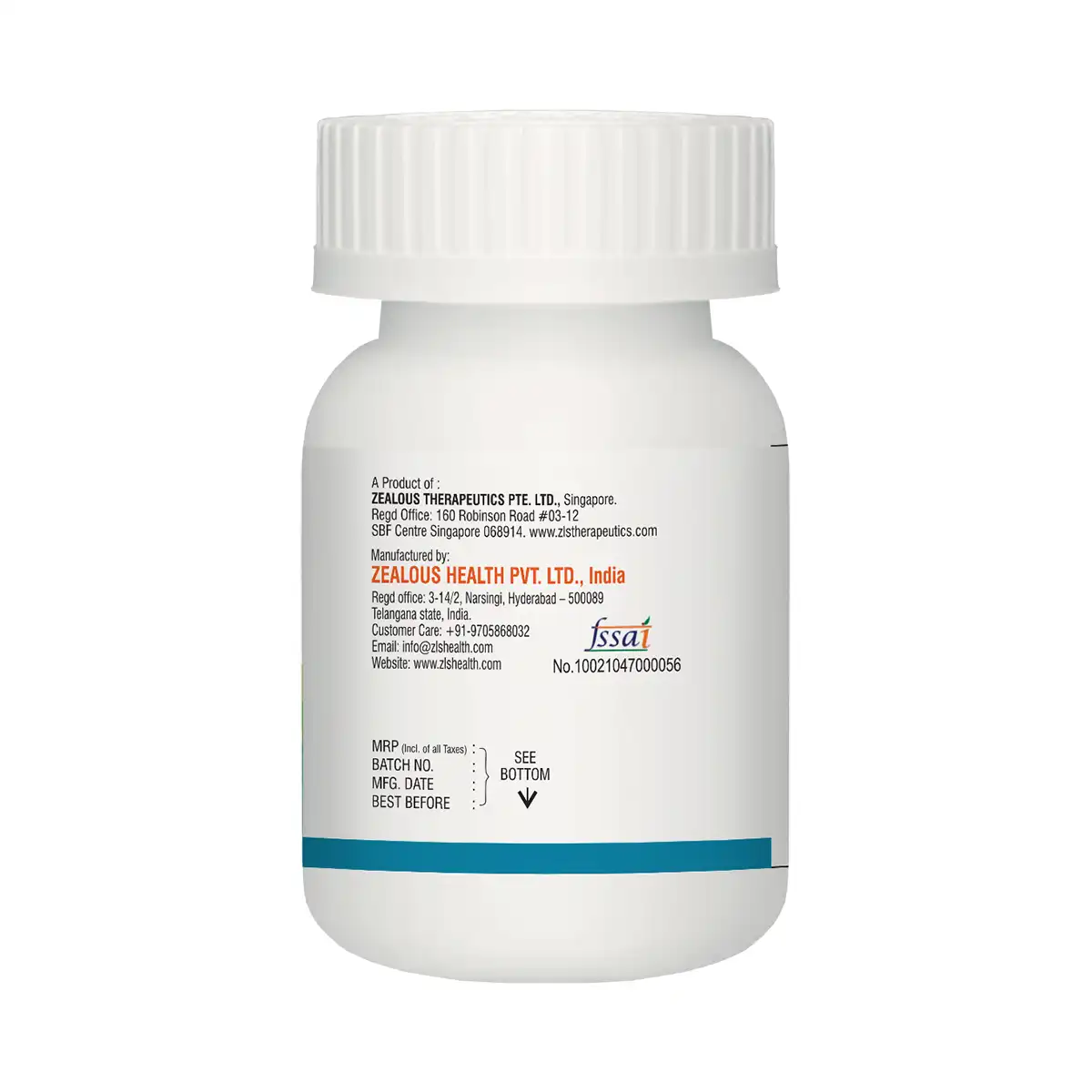
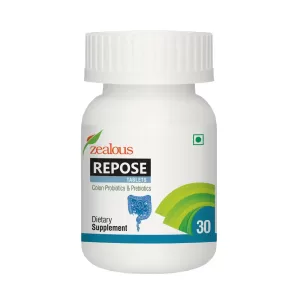
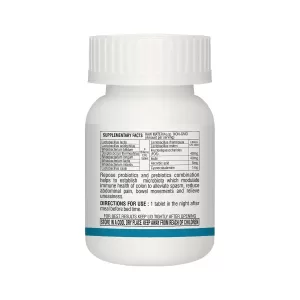
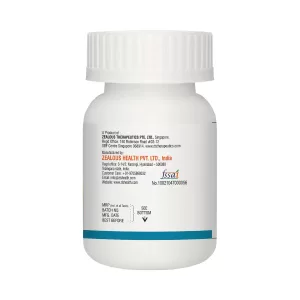
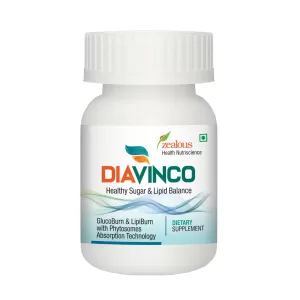
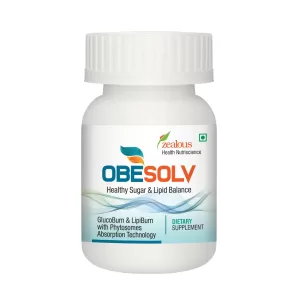
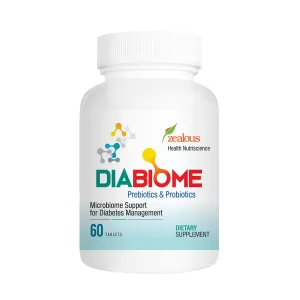
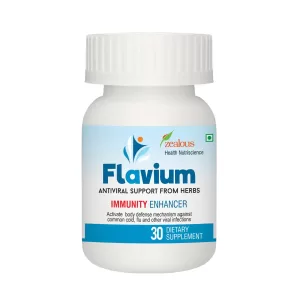

Reviews
There are no reviews yet.